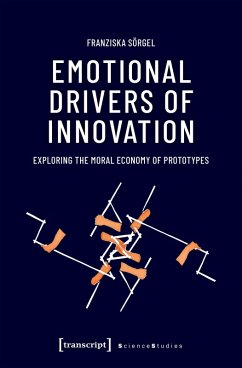>moral economies< by Lorraine Daston as a space for negotiation. Such an approach enables decision-makers to question the evaluation criteria and patterns for technological developments before implementing them in society.
Dieser Download kann aus rechtlichen Gründen nur mit Rechnungsadresse in A, D ausgeliefert werden.









